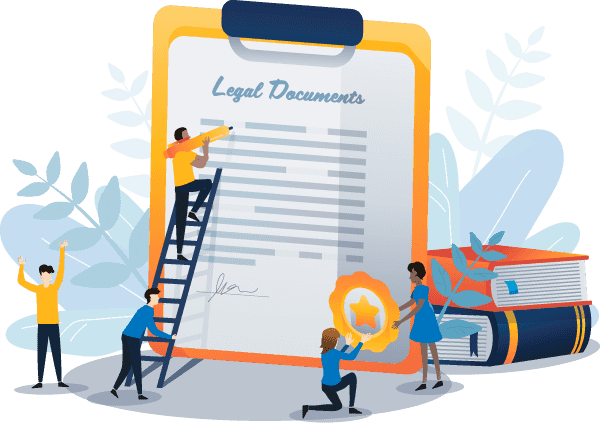Key money refers to a deposit requested by a landlord for a commercial lease. While similar to a bond, it is actually paid in addition to it or any other service payments. However, in Australia, the law limits key money requests to certain commercial leases and is outlaws them in retail leases. Here we break down your rights and obligations as a leasee when it comes to key money.
Retail or commercial lease?
Determining whether your lease is commercial or retail relieves a lot of the uncertainty over key money. If your lease is for retail purposes it is illegal for your landlord to ask for key money. The key differences lie in how the two are formed and how the law governs them. You can see our complete breakdown of the two here. However, here is a quick guide to determining what yours is.
Retail lease
The rule of thumb is in the name: a retail lease will be for a retail business. A retail business refers to a business that sells directly to consumers. So if you are looking to lease a premise to set up a retail shop, you will likely fall under this category.
Take note though, as retail leases are governed by State law, what is and isn’t classified as a retail lease may change from State to State.
Commercial lease
Like with retail leases, a commercial lease will be for a commercial business. A commercial business is one that sells to other business or retailers rather than to the consumers. As a result, they are generally of a much larger scale than a retail business, and therefore require larger spaces.
It is common that a commercial lease will be for warehouse or office space large enough to fit a significant number of employees. Likewise, they are generally for much longer periods and are based on closer relationships between the tenant and landlord.

Is the key money request legal?
Having considered whether your lease is retail or commercial you can now consider whether your landlord’s request is legal.
Retail
A request for key money in a retail lease is unanimously illegal within Australia. However, as State legislation governs retail leases, the consequences of doing so vary with the State.
For example, wherein Western Australia the request is void and not enforceable, in New South Wales the leasee is entitled to recover the money and the landlord will be fined $11,000.
Commercial
Under a commercial lease, the landlord may request key money during the negotiation phase of the lease. The landlord may request it either when offering a new lease, or when renewing. If accepted, it then becomes a term of the contract.
However, for a key money request to be valid it must also be fair. The Treasury Legislation Amendment (Small Business and Unfair Contract Terms) Act 2015 (Cth) (‘TLA‘) made amendments that outlined what would be considered an ‘unfair term’ within a contract. A term will be consider ‘unfair’ when:
- It creates an imbalance between the parties rights and obligations to each other.
- It is not reasonably necessary to protect the interest of the party to be advantaged.
- It would be detrimental to the party it applies to.
Furthermore, the court will consider the creation date of the provision. Only key money clauses formed after 12 November 2016 (when the TLA entered into force) will fall under this scrutiny.
So, when a landlord offers a key money provision it is necessary to consider the necessity of it, and whether it is an unfair term.
Concluding
Ultimately, key money clauses are relatively rare in modern Australia. Outlawed for retail leases and restricted in commercial leases. To avoid unnecessary or potentially illegal payments contact a lawyer to review your rights first.





